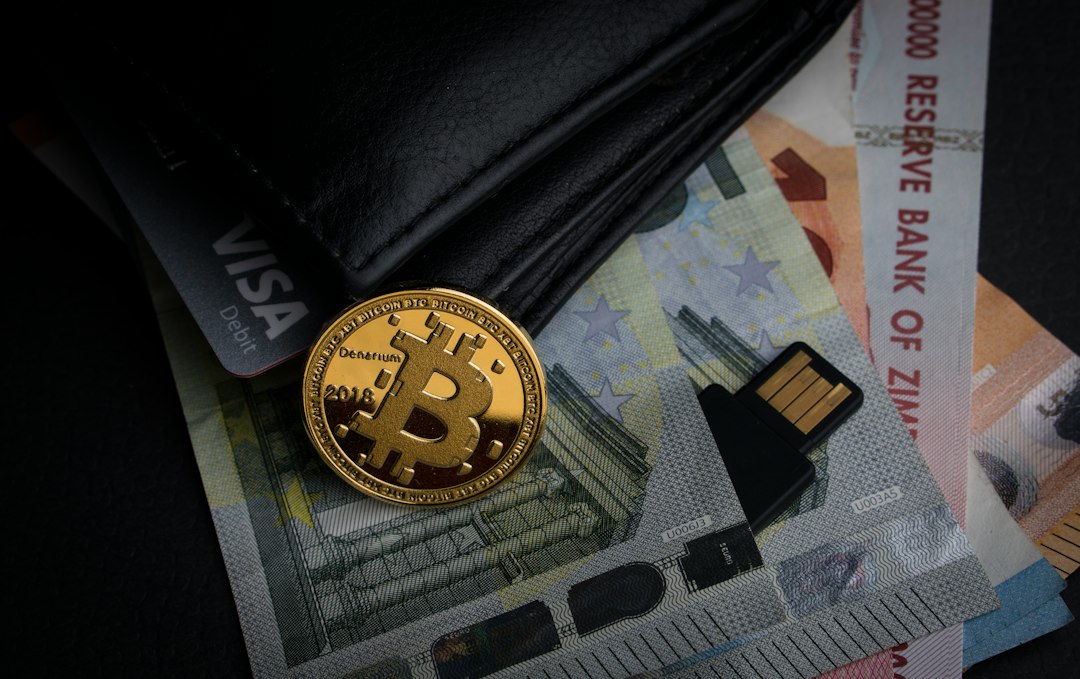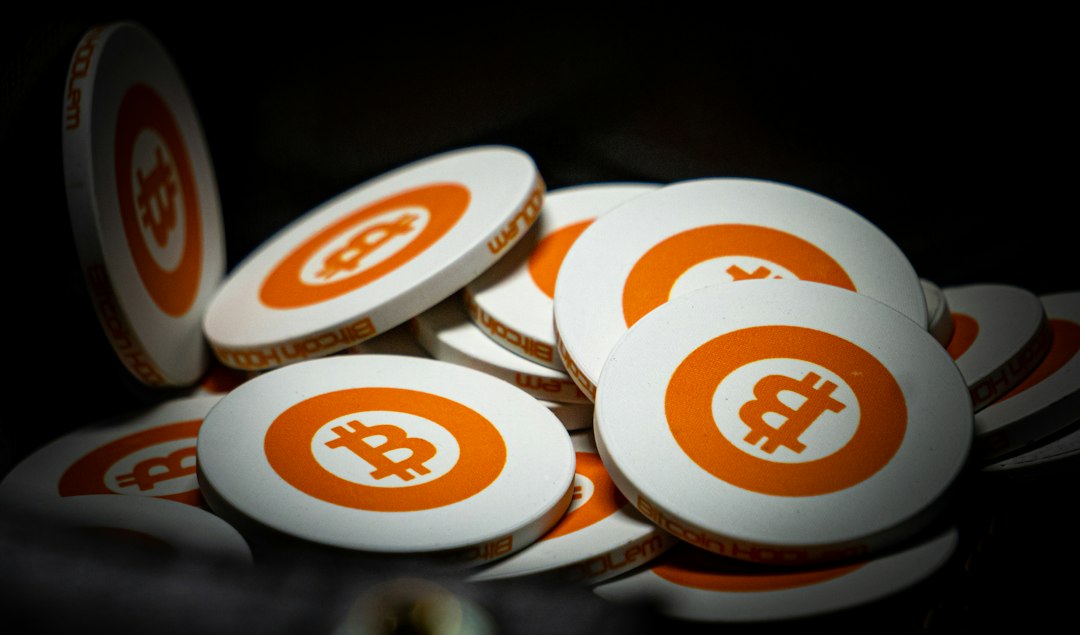Digital Transactions and PayPal’s Exclusion of Palestinians
The rise of digital transactions has overshadowed cash exchanges, with PayPal leading the way in facilitating seamless international payments. However, there is one group that is excluded from this convenience: the Palestinians. This discriminatory policy has sparked discussions about financial discrimination, particularly since PayPal continues to service Israeli settlements.
Can Bitcoin Solve the Problem?
A proposal was made during PayPal’s annual general meeting in May 2023 to address this issue. Palestinian-American businessman Sam Bahour advocated for a new rule to prevent discrimination by PayPal towards individuals in conflict zones. Despite gaining support from 12 US congressmen, the proposal was declined, highlighting the financial void in Palestine’s software development and e-commerce sectors. This has led to increased interest in Bitcoin as a possible alternative.
The Benefits and Skepticism Surrounding Bitcoin
In 2013, Max Keiser discussed the potential of Bitcoin to reshape the Palestinian financial system. He believed that adopting Bitcoin as the official currency could empower Palestinians and give them control over their economic and sovereign destiny. Palestinian activist Fadi Elsalameen also emphasized how Bitcoin has become his sole method of sending funds to Palestine, bypassing high banking fees and restrictive government policies.
Cryptocurrencies in Conflict Zones
The situation in Palestine reflects a global trend where cryptocurrencies are gaining traction, especially in conflict zones. In Ukraine, for example, cryptocurrencies have been used to facilitate funding for various factions involved in the Russia-Ukraine war. The decentralized nature of cryptocurrencies allows for swift and targeted fund transfers, providing specific support where needed.
The Challenges of Cryptocurrency Adoption in Israel-Palestine
Adopting cryptocurrencies in Israel-Palestine faces unique challenges due to deep-rooted historical, religious, and geopolitical factors. The control of Hamas over Palestine adds complexity to the situation. The recent freezing of cryptocurrency accounts allegedly used by Hamas for fundraising purposes by the Israel Police cyber unit further highlights these challenges. However, cryptocurrencies offer functionality beyond just donations, as seen in Bitcoin’s price stability during the Israel-Palestine conflict.
Bitcoin as an Alternative to PayPal
While skepticism remains, Bitcoin could gradually become a trusted payment medium in Palestine. It currently provides an escape from high fees associated with international financial services in the Middle East and serves as an alternative to PayPal’s exclusionary policies.
Hot Take: Bitcoin’s Potential Impact on Financial Inclusion in Palestine
Bitcoin has the potential to play a significant role in promoting financial inclusion and empowerment for Palestinians. By circumventing traditional banking systems and providing a decentralized alternative, it offers greater control over their economic destiny. While challenges exist, such as regulatory concerns and geopolitical complexities, Bitcoin could help bridge the gap and provide Palestinians with greater financial opportunities.





 By
By
 By
By
 By
By
 By
By
 By
By